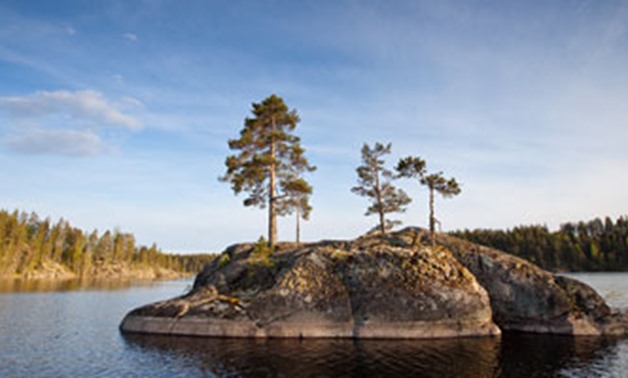
nature preserve- photo file
CAIRO – 7 September 2017: Cairo hosts the first Arab Economic Forum for Ecotourism and Protected Areas in February, 2018 entitled, “Tourism Attuned to Nature”, indicating the position and importance of Egypt between Arab nations and in the region.
The forum, which will be co-organized by the Euro-Arab Environment Organization and the Arab Tourist Guides Union, will be held in Cairo in February.
In this regard, President of the Euro-Arab Environment Organization (EAEO) Ibrahim Abdul Ghaffar Jamjoom said on Thursday that choosing Egypt to host this forum is due to the position of Egypt between Arab nations, and 30 nature reserves Residing in the country as well.
“The world has 44 nature reserves, and Egypt has the two most important; Wadi el-Hitan (Whale Valley) and the Petrified Forest,” said Jamjoom in a statement to MENA; adding that the forum is a chance to raise awareness about environment in order to increase the society's willingness and efforts to protect our planet.
He pointed out that the tax revenue of ecotourism is very high in some countries like Canada, which reached $1.7 billion, and Costa Rica, which turned 25 percent of its land into nature reserve to receive 800 foreign tourist a year, indicating that ecotourism promotes participation with regional national governments, tourists, investors, citizens, universities, research centers, cultural organizations as well as companies.
For his part, Abdul Rahim Rihan, Media Coordinator of Arab Tourist Guides Union (ATGU), said that this forum will be organized by the ministries of Tourism and Environment in Egypt and the Arab League as well as many other organizations to review their experiments in preserves and ecotourism and how to secure our planet.
Rihan underlined the general principles governing such kind of tourism including maintaining the environmental identity of touristic places to keep species from extinction and pollution.
The growth of leisure tourism that resulted in increasing the number of resorts has damaged the natural environment, and then the need for the ecotourism emerged to provide tourists who seek natural areas to enjoy, Rihan noted.
He added that ecotourism contributes to preserving nature, culture and heritage as well as highlighting the natural and cultural heritage of countries.

Comments
Leave a Comment